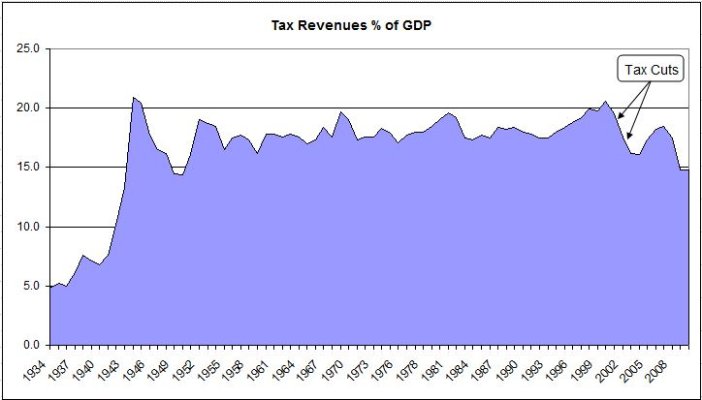My grand parents had a farm and were almost self-sufficient. They grew their own fruits and veggies. They used to freeze and can extensively. They also had a root cellar to store root veggies over the winter. Of course, by spring, they were eating a whole lot of potatoes and cabbage. They had cows for milk, chicken for eggs, and bees for honey. They dried their own hams and sausages. They had a bread oven to make their own bread. They even grew medicinal plants to make homemade remedies.
Still they were not truly self sufficient. They still needed to buy flour, sugar, coffee and some of their meat. Flour was an especially important ingredient for them. Sugar could be replaced by honey, coffee by chicory and meat by eggs and dairies. But there was no substitute for wheat flour.
All I can say is that it was a lot of work. And I think that most Americans would have found their lifestyle very unappealing.
My dad, who is now retired, is following a similar path towards greater self-sufficiency. But it requires a lot of preparation and patience. It took years for the orchard to start producing fruits for example. But he is getting there. Now he makes his own cider and sauerkraut. His orchard gives him cherries, apples, plums, peaches and pears. His garden yields plenty of veggies and berries. He is also collecting rain water in massive underground tanks to water his garden. He shares part of his bounty with his neighbor and, in exchange, he gets milk, eggs, cured meat, cheese and some well rotted manure to fertilize his gardens. A nice stream goes through his property, so he could fish too.
Personally, I think that urbanites who think they can just buy a farm and be self-sufficient the first year are not being realistic.


